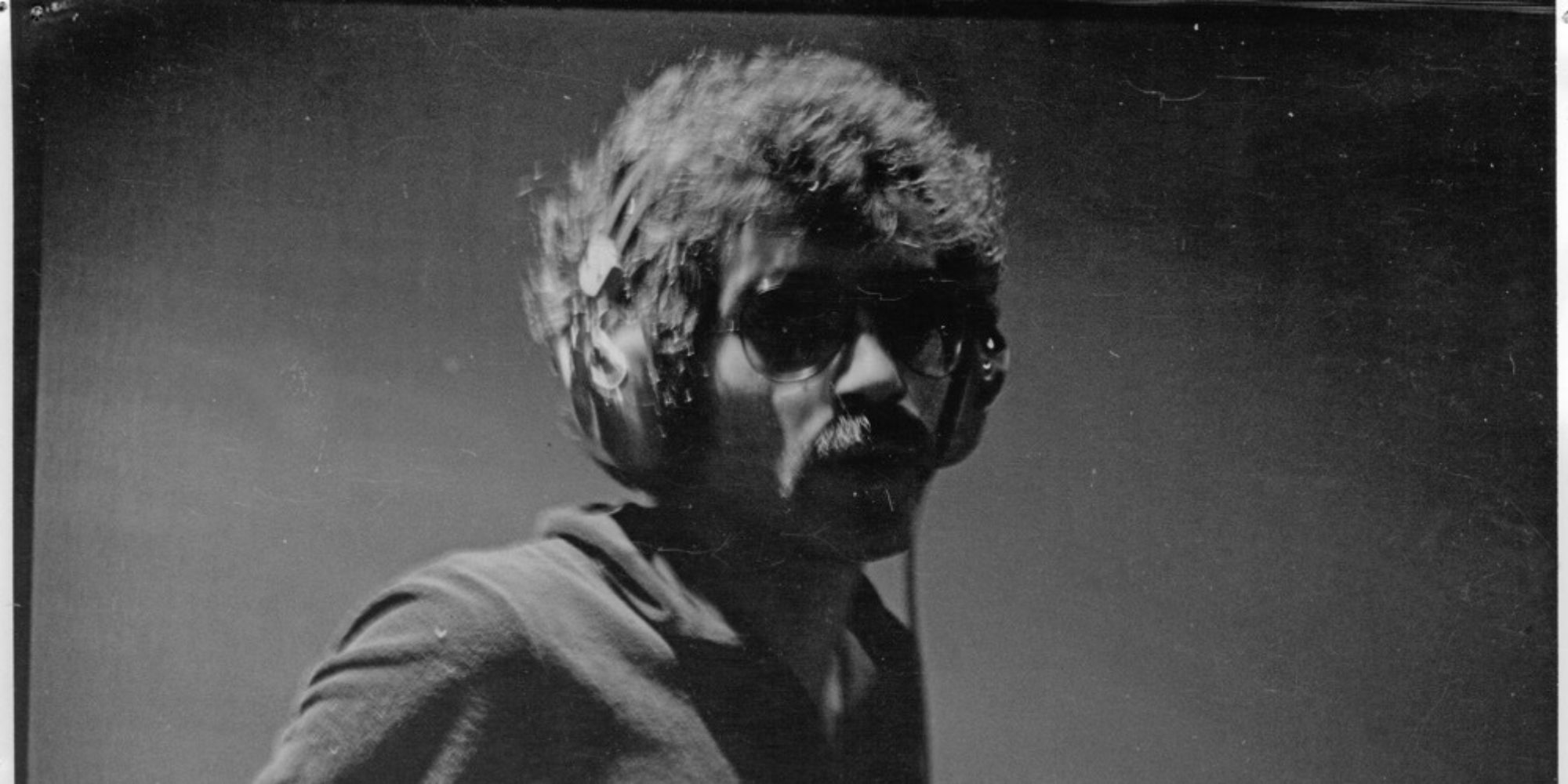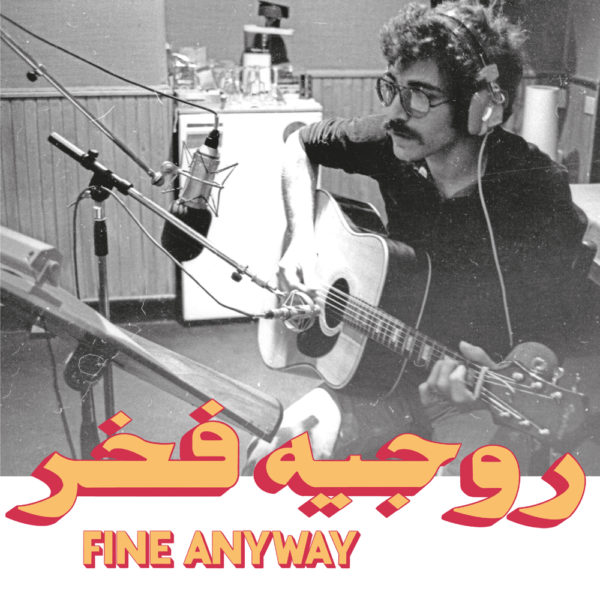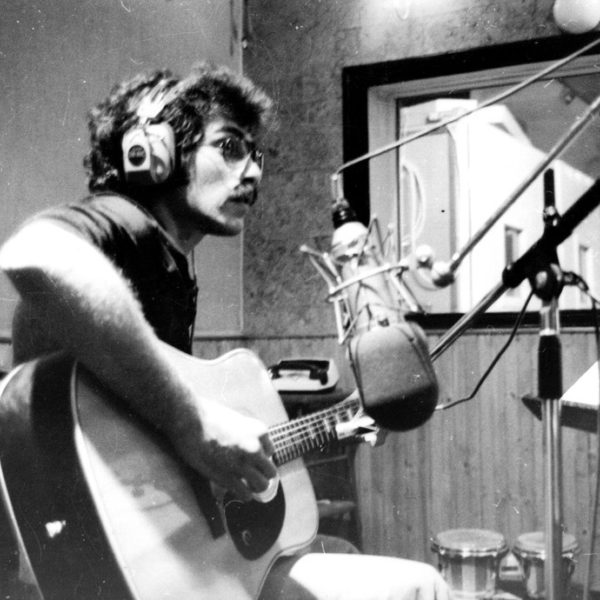There are summer albums and winter albums, sunny-day albums and rainy-day ones. Leading off with a tune called “Lady Rain,” the reissue
compilation of Lebanese singer/songwriter Rogér Fahkr leaves no
doubt as to its best weather. Fine Anyway,
released April 9
on Habibi Funk, also
tells the story of a winding career, one derailed by war and an
itinerant existence, but not for want of talent.
According to the
liner notes, if you talk to Beruit musicians of a certain generation,
Fakhr and his musical prowess are revered, but outside of those
circles, he’s remained mostly unknown. Fine Anyway
is based on his recordings from the mid-’70s—a cassette of the
same name, of which Fakhr himself made about 200 copies and drew each
cover by hand—and a handful of singles, including “Lady Rain,”
which was recorded with studio musicians after winning the “Toute La
Ville Chante” songwriting contest.
The
instrumentation shifts from easy funk—more Bill Withers than, say,
Stevie Wonder—to dueling acoustic guitars, with
cameos from oud and flute,
all centered on Fakhr’s
crystal-clear, plaintive voice.
He doesn’t demonstrate much vocal range, but the songs still
feel varied and
the lack of affect draws the listener in closer—We’re
inside from the rain, let’s talk plainly.
Growing up in
Lebanon in the ‘60s and ‘70s, Fakhr heard Arabic and local music
as well as radio stations playing American and British folk, rock and
jazz, all of which would leave a mark on his own work. By 1972, Fakhr
was writing his own songs, winning contests and feeling like he was
on his way. Then in 1976, civil unrest broke out, a precursor to
the civil war, and Fakhr headed to Paris, where he busked in Métro stations. Returning to Beruit, he released Fine
Anyway, the cassette, in 1977.
CBS France briefly showed interest in recordings from another Paris
session in ‘78, but no contract emerged, and Fakhr returned to
Beruit before joining up with a “Top 40 band” to tour Norway. He
eventually found his way to the United States playing support for
Fairuz—the
Fairuz—and he stayed in the U.S. to mix the tour recordings for an
album. In the shuffle, his solo career was set aside.
Across
17 tracks now given wider
release, Fakhr’s lyrics
never explicitly deal with the social turmoil happening in his home
country. Although he name-checks Bob Dylan in the liner notes, Fakhr
draws more from Desire and
Blood On the Tracks-era
Dylan than the ‘60s protest era—his songs are about interpersonal conflicts, internal
doubt and encouragement, with flights of lyrical fancy that skew towards
psychedelia.
So much has to go right for a lucrative musical career, and it seemed like things were always breaking apart at just the wrong time for Fakhr. However, as 17 rainy-day tracks attest, as far as the music goes, Fakhr succeeded. In the end, he was fine anyway.
Related Audio Programs












